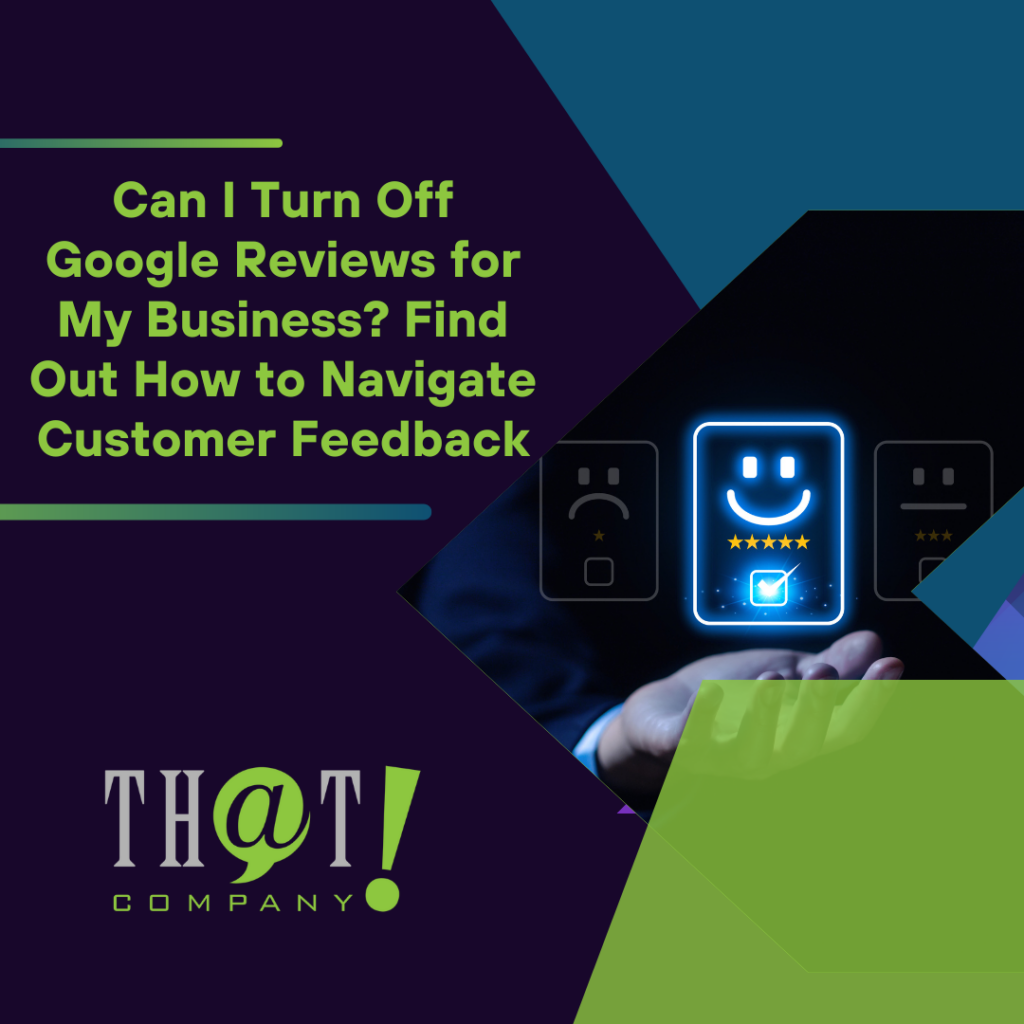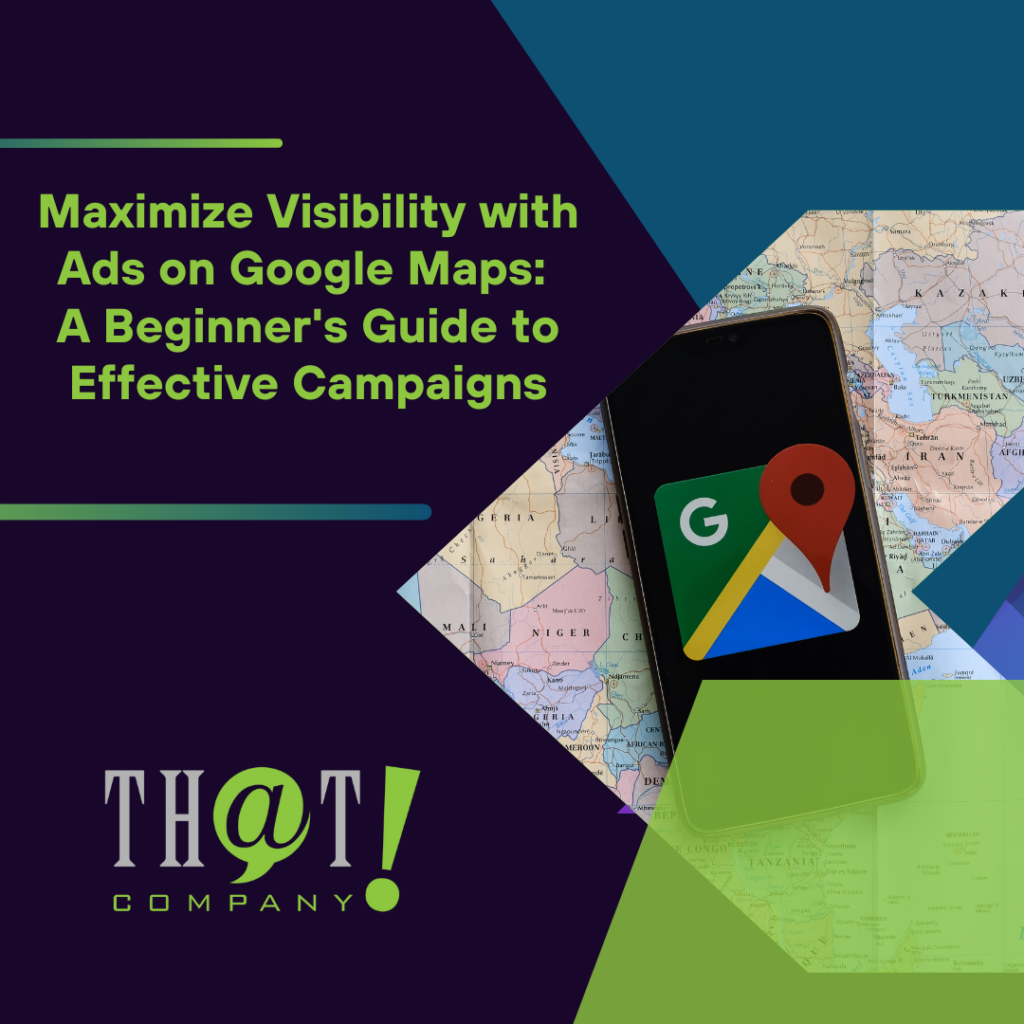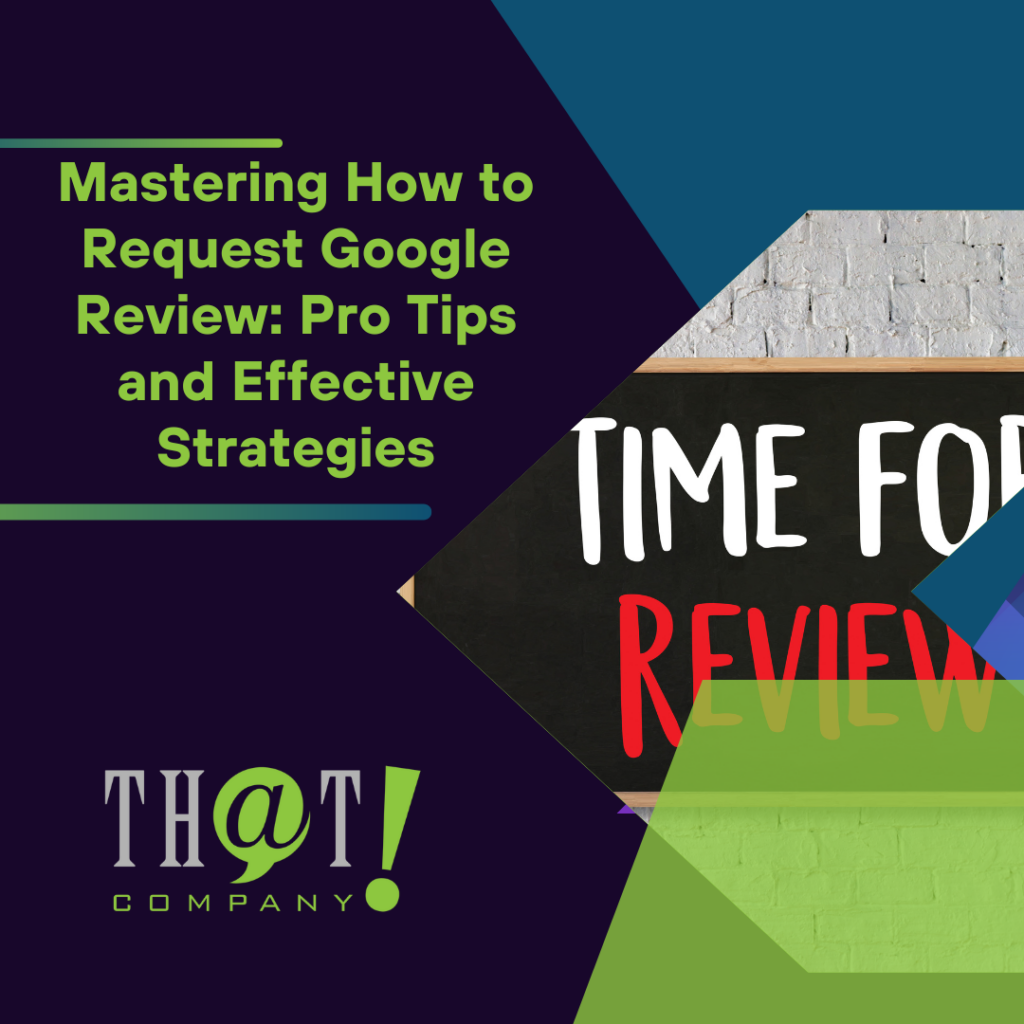With mid-term elections just around the corner we are being slammed with political ads everywhere we look, From stacks of post cards and flyers in our mailboxes every day to ads at every commercial break on television and pre-recorded phone calls during dinner. It’s enough to drive you crazy! There are no restrictions on how many printed ads a candidate is permitted to send out. There are no limits on how many commercials a candidate can put on every channel of your 500 channel cable or dish TV service.
 It’s not bad enough that we have to put up with political candidates spending bottomless bank accounts on printed material that promotes what you want to think they are going to do for you once you cast your vote for them, but to have to read and listen to them slam and slander their opponent with not-so-honest comments is enough to make your blood boil and your temper explode.
It’s not bad enough that we have to put up with political candidates spending bottomless bank accounts on printed material that promotes what you want to think they are going to do for you once you cast your vote for them, but to have to read and listen to them slam and slander their opponent with not-so-honest comments is enough to make your blood boil and your temper explode.
Is there no end to where candidates will put their misinformed garble? Are we, the voters, not safe from their untrue promises anywhere? Could the one place we spend a large portion of our time, at home and at work, actually giving us a bit of refuge?
No, this is not a political promotion, but instead information on what the political advertising policies are for some of the major search and social platforms. Let’s see who is protecting your sanity the most as these are prime real estate for your favorite political candidate to drive you crazy.
We are the leader in helping large and small agencies deliver Google Ads Management and other PPC Services to their clients. Can we help you? Check out more about Our White Label PPC Management Services to learn more about what we can do to help you deliver results to your clients today.
Due to abuses by the candidates that don’t care about abuse, many of the platforms have made changes to their political ad policies in the past several months. Let’s see what the likes of Google, Facebook, Linkedin, and others are doing to save your sanity.
Google’s Policies Changes
Google updated their ad policies this year with the intent of making ads of a political nature to be more transparent. Google is now mandating that the advertiser of US political ads is either a US citizen or a permanent resident by means of a US government issue identification. Google also requires the identity of the financial backers of the ads be clear.
Last year Google released a free tool for election transparency aimed at those running campaigns and those who could be at risk of online attacks. Protect Your Election offers suggestions and tools to protect against digital attacks. Google released an election ad based transparency report listing who is behind political election based ads on their platform this past summer.
Facebook’s Policy Changes
Earlier this year Facebook was faced with allegations of allowing Cambridge Analytica access to member account information, to which Cambridge Analytica exploited that data. In May, Facebook added identity and location verification for all political advertisers that is validated by Facebook. Political ads on Facebook now have a “Paid for by” label ensuring users know who is paying for political ads, especially when the site name and payers do not show the same name. When you click on the label you are taken to a database with information related to the campaign of the political candidate. This information is available to anyone around the world. A link is available in the article linked above.
In April of this year, Facebook unveiled their independent research project with the purpose of determining how much social media affects political elections. The project was created through a variety of foundations including the Democracy Fund and the Koch Foundation.
In a move to have users come first, Facebook updated its news feed algorithm to prioritize user-to-user posts over user-to-site posts. They felt that dialogue between two users was more valuable than a user-to-site which are usually run by businesses or public figures.
Twitter’s Policy Changes
At the end of May this year, Twitter introduced new policies and labels to help eliminate outside abuse ahead of this year’s midterm political elections. The labels appear on the candidate’s profile page with details of what office they are running for and the state the office is located in, along with the district number when applicable. An icon of a capitol building will be displayed to the left of the office description. Along with the profile page, the labels will show with all Tweets sent from or retweeted by the candidates account wherever Tweets are seen on and off Twitter.
At this point the labels are being used for state Governor and U.S. Senate and House of Representative election races. The use of these election labels started as mandatory for all candidates running for the above mentioned seats, but has since been changed giving the candidate a 7 day period to opt-out if desired before the label was activated for the candidate.
YouTube’s Policy Changes
Since YouTube is under the Google umbrella, they have adopted the same policies as Google as far as US political advertisers must verify their identity and proof of US citizenship or permanent residency.
Along with the basic policies of Google, YouTube also introduced more stringent rules as to which channels are allowed to monetize their videos. Channels must have a minimum of 1,000 subscribers and accrue at least 4,000 hours of view time within the past 12 months. All political ads will also be manually reviewed prior to gaining authorization to run on Google’s Preferred Network.
Bing’s Policy Changes
While Bing’s Disallowed content policies lists “political and religious content”, “defamatory, slanderous, libelous or threatening content”, and “hate speech” they have made the decision to keep U.S. political candidate and ballot measure ads from running on their platform. As the second most popular search engine, Bing does not see that this decision will make a noticeable effect on their overall ad revenue as it does not add up to a large portion of their business.
While Bing has not completely clarified the extent they are going to enforce the policy, they have said they will be working on removing any political candidate and ballot measures that are already running. They are also asking the public to report any ads they feel are not proper so they can be reviewed.
Where Will You Spend Your Time?
 Here we are a month away from the general election, and it is your choice on where you surf. Have you had enough of the mailers, (I use them as charcoal starter), the prerecorded phone calls during meals, and signs along the side of the road? You have your choice of online providers for search and social, so its up to you how much more political election information, whether accurate or defaming, you want to deal with during your free time.
Here we are a month away from the general election, and it is your choice on where you surf. Have you had enough of the mailers, (I use them as charcoal starter), the prerecorded phone calls during meals, and signs along the side of the road? You have your choice of online providers for search and social, so its up to you how much more political election information, whether accurate or defaming, you want to deal with during your free time.
About the Author
Gary Harvison
Gary has been with That! Company since June 2014, starting as a novice. Under the guidance of several SEM masters with 10+ years of individual experience, Gary has become proficient in various platforms of SEM including AdWords, Bing, and most recently Facebook. Gary is certified as a Google Specialist covering all facets of AdWords. Along with his SEM duties, Gary trains new members of the SEM team in specialized report creation and distribution. He also aids in client onboarding processes and procedure training.

























